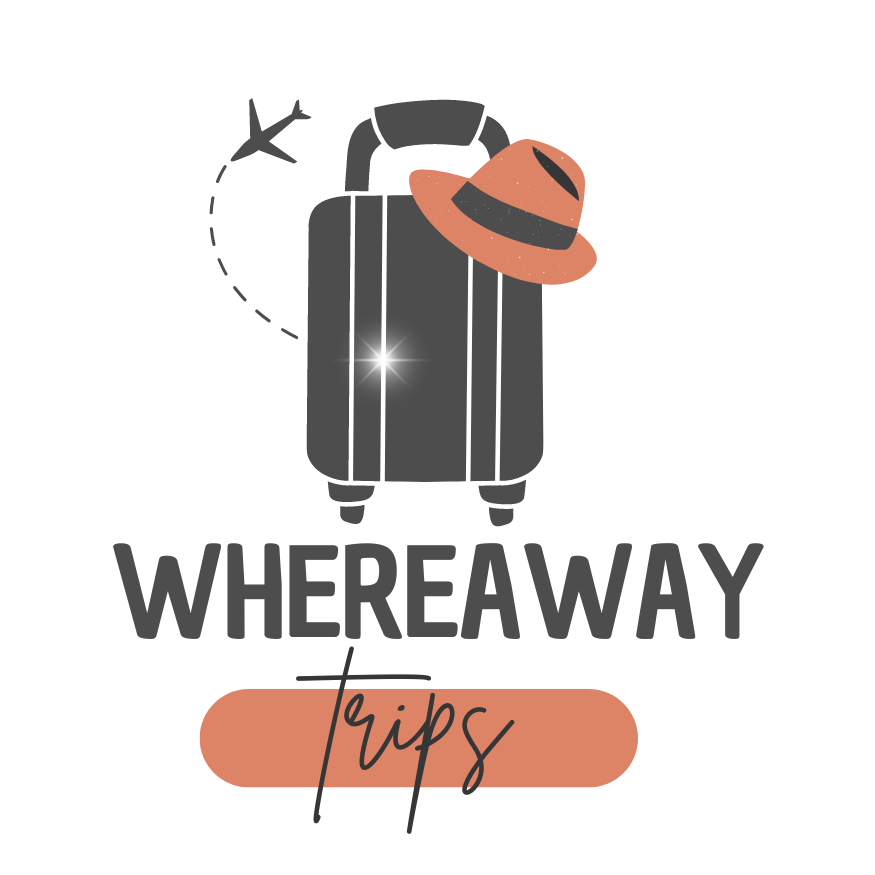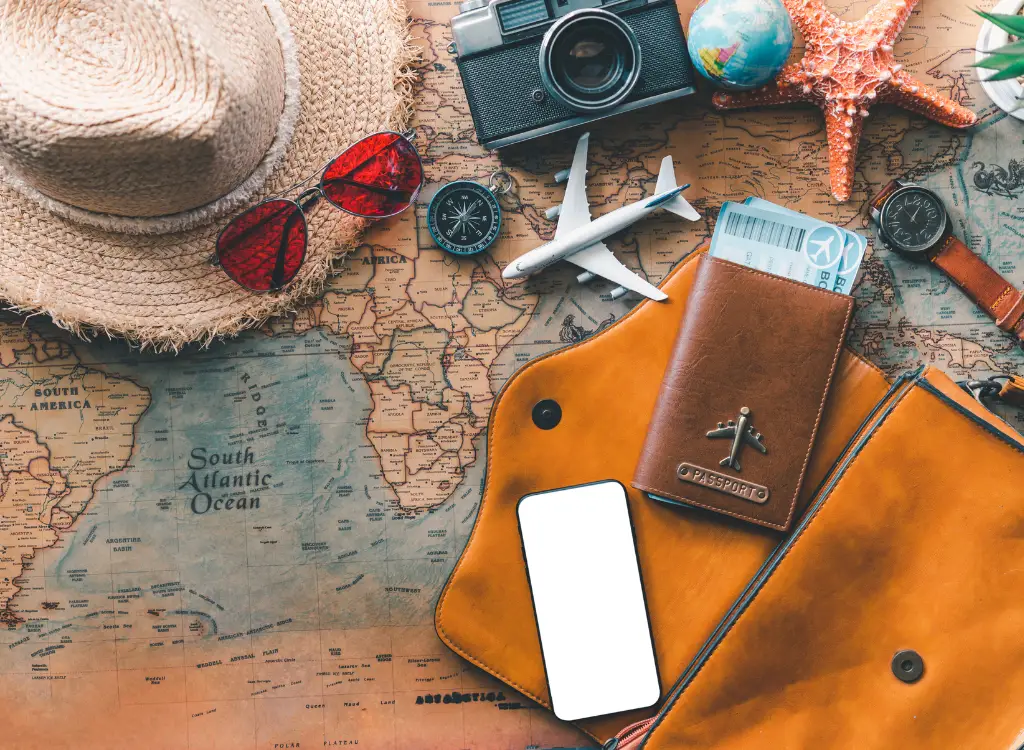Travel Hack 101: Ultimate Guide to Beat Jet Lag
Jet lag is a common struggle for international travelers, specially when you’re always on the go! But while there’s no cure, there are effective ways to mitigate its effects. Follow our comprehensive 10-step guide to make crossing time zones easier.
Before You Fly
1. Understand Jet Lag
Jet lag isn’t just fatigue from a long flight; it’s the disruption of your body’s internal clock (Circadian rhythm) with the local time. Savvy travelers start adjusting their schedules a few days before departure, gradually aligning their routines with their destination’s time zone. It honestly depends on the travel time and the time difference to your current location.
2. Stay Rested
Avoid staying up late before your flight to force sleep on the plane. It often backfires, leaving you more tired. The best approach is to start your journey well-rested, even if it means you need to take a few hours nap before the flight.
3. Consider Fasting
Some travelers swear by fasting to reset their body clocks. Stop eating 16 hours before breakfast at your destination. This method might help, but it’s not for everyone, as it can make you feel hungry and irritable during your flight.
On the Plane
4. Hydrate Wisely
Avoid alcohol, which can dehydrate you, exacerbating jet lag. Opt for water instead to stay hydrated and minimize the effects of dry cabin air.
5. Eat Smart
Carbohydrates can help you sleep, while protein keeps you awake. If traveling east, consume carbs to aid sleep. For westbound flights, limit carbs to stay alert.
6. Stay Active
Move around during the flight to stay fresh and prevent blood clots. Airlines often provide exercise tips in their inflight magazines—try these stretches to help combat jet lag. Take a stroll every hour if possible!
At Your Destination
7. Manage Sleep Strategically
Upon arrival, resist the urge to sleep immediately if it’s past 1pm. Stay active and aim for an early night instead. If you try and take an afternoon nap, you may find yourself sleeping a couple of hours instead of just napping.
8. Limit Caffeine
Moderate your caffeine intake and avoid it in the late afternoon and evening to ensure it’s out of your system by bedtime.
9. Embrace Fresh Air
Explore your destination and engage in light activities. Fresh air and exercise can help you adjust more quickly and ensure you don’t waste your first day.
10. Short Trip Strategy
For brief trips, consider not adjusting to the new time zone at all. This approach is challenging and requires flexibility but can be effective.
By following these steps, you can significantly reduce the impact of jet lag and make your travels smoother and more productive.
Happy travels!




